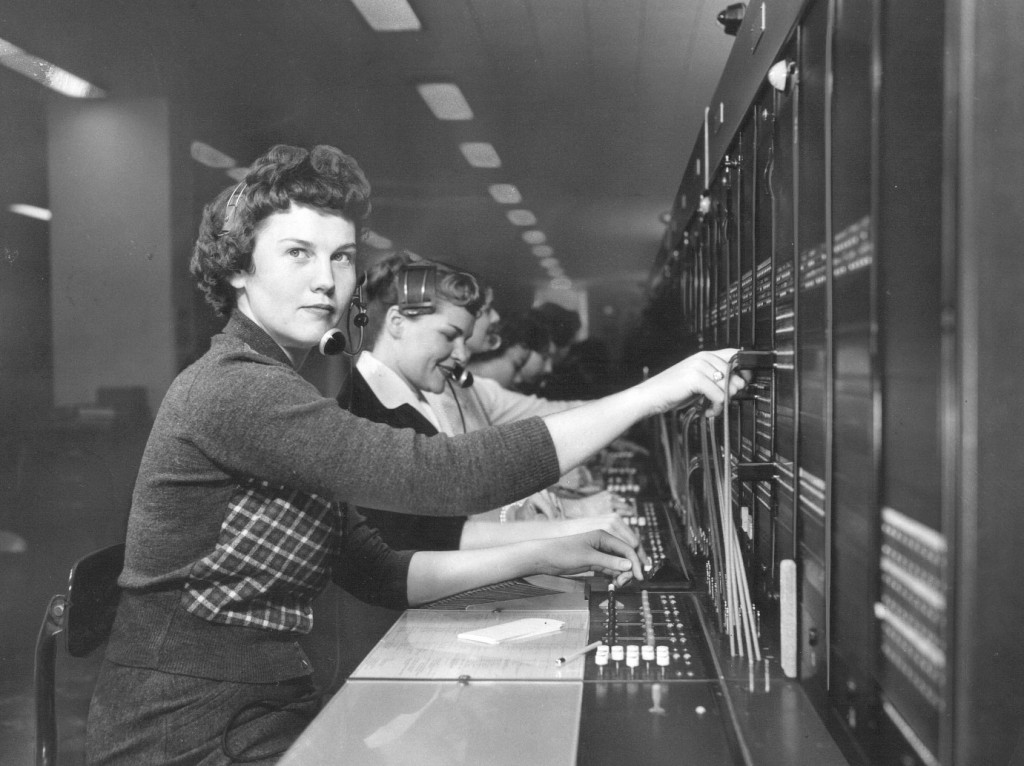Lately, things have been a little slow in the office. It’s summertime, so folks are either at the fair, at the lake, or in the fields. While my coworkers definitely have a steady stream of work coming in, sometimes work slows down for the intern. It only takes so much time to transfer the calls that come to the main line, enter the mail when it comes between noon and one, monitor my email, and answer the door. Now that I’ve gotten into a groove with my work and things have started coming in intermittently, it’s easy for me to run out of things to do. And while my manager is great about giving me casework to do, sometimes you find yourself waiting for responses from all of the agencies or constituents you’re working with, and there’s nothing you can do to move forward.
At first, running out of things to do really freaked me out. I felt like I was going to get in trouble for sitting idle, but really I just hadn’t been given enough tasks to fill the day. It takes time for employers to assign tasks to interns, and, at least in my job, assigning work to the intern can sometimes make their jobs take more time. So I’ve gotten good at filling the days so that they don’t feel like they’re dragging on for forever. The tips and tricks I’ve learned for keeping busy on the slow days are also good ways to break up the day if your work feels really tedious or monotonous. As always, here are some things to think about and try if you ever find yourself stuck!
1. Offer to do someone else’s busywork. When I get low on things to do, I pop by each of my coworkers’ offices and see what’s stacking up. I’ve had coworkers ask me to enter their business card contacts into Outlook, file documents hanging out on their desk, print letters and stuff envelopes for them, and other tasks that are obviously important but not necessarily a top priority. They acknowledge that it’s not super exciting, but they still really appreciate it. If you help them out with stuff they wish they had time to do, people will likely pay you back twofold.
2. Let your supervisor know that you’re low on work. I’ve gotten tactful at asking my manager for more to do–at first I felt really bad bugging her, but I’ve found that giving people warning helps ease those worries. Keeping a list of what you need to do can help predict when your work will come to a standstill. When you get towards the end of the list, poke your head in your manager’s office or shoot her an email letting her know. My favorite message is: “I’m getting towards the end of my to-do list, so if there’s anything you need, feel free to send it my way.” This way, they won’t have to scramble to find work to give you, and you’re less likely to have to wait for them to find something for you.
3. Internet! (Productively). Because my coworkers do outreach (and some of them also work for my lawmaker’s campaign on the side), they’re responsible for knowing what’s going on around the state and attending events with or on behalf of my boss. We also keep an eye out for awards people have gotten or other exciting things like that (we had a lady in town who turned 103 last month) and send out letters congratulating them. So browsing the websites of local newspapers or–I’m serious–Facebook can actually be a good use of time. Reaching out to contacts way out wherever to see what’s been going on can also be helpful. If your office isn’t doing outreach, figure out what news (or even gossip, *wink wink*) is relevent and useful in your industry, and start poking around. You’ll learn a lot, and you may be able to contribute something really useful. Also try stalking the websites of other important people or companies in your industry–in my case, I look at people who are campaigning for political seats in my area, for example, and at people or organizations my coworkers are visiting soon for outreach. This helps you keep up with what’s going on out in the world from your desk chair.
4. TV! (Also productively). If watching the news (CNN, CSPAN, BBC, PBS, local news, The Weather Channnel…) is relevant to your organization’s or office’s work (e.g. if the Supreme Court is handing down an important decision, or what Congress is up to can affect what’s going on where you are), tune in and keep an ear trained towards the TV. If you don’t have a TV nearby, check out Twitter–if you have to, make a “business” Twitter that’s just for news outlets so that your very important work doesn’t get interrupted by Kimye. Unless keeping track of Kimye is part of your work (I spy you, Pitzer alum with a job at MTV!). In which case, carry on.
5. Change the scene. If I can, I grab something I can do not on the computer–reading the newspaper, marking up a draft (again), or sorting what I should file and what I can shred–and take over the countertop near my desk. Standing up and moving somewhere else gets my blood moving and helps me not feel all sluggish from sitting in the same place in the same position all day. If standing for a while isn’t your thing, moving somewhere else (in my office, I could take over the table we use to greet people, or even turn around and use the back part of my desk) can be just as good–it gets your eyes, ears, and hands away from your computer screen for a little bit and gives your mind different work to do for a few minutes. Even just getting up to go to the break room for a quick snack (I am a regular patron of the little bowl of chocolates in the back) will help keep things from getting really monotonous.
6. Take a late lunch. Don’t ask me why this helps, but it does! If your lunch time is flexible, try taking your lunch more than halfway through your day. Since I get to work at 8 and leave at 5, I normally find myself taking lunch at 11 or 12. But if I take lunch at 1, that means I get back between 1:30 and 2, so I have less time left between lunch and close. Since afternoons are the time when the day seems to go by so. slowly., I find it helps to cut the afternoon time shorter by making my morning longer. I know it sounds goofy, but bring a snack to tide you over till a little later in the day, and you’ll see what I mean.
7. Check your email and update your to-do list. Realizing you missed an email asking you to do something because you were poking around the website of the local telephone cooperative isn’t fun. It’s easy to zone out when things get slow, so be sure to keep your email open and updated. Adding every little thing to your to-do list can also help keep you focused and make it easier to get back to the work assigned to you as the slow period passes.
As I was writing this, I kept wondering whether this problem is unique to me–do you get slow days, or are you always swamped? Do you have tips for dealing with either of those situations–what do you do when you’re slow or swamped?




